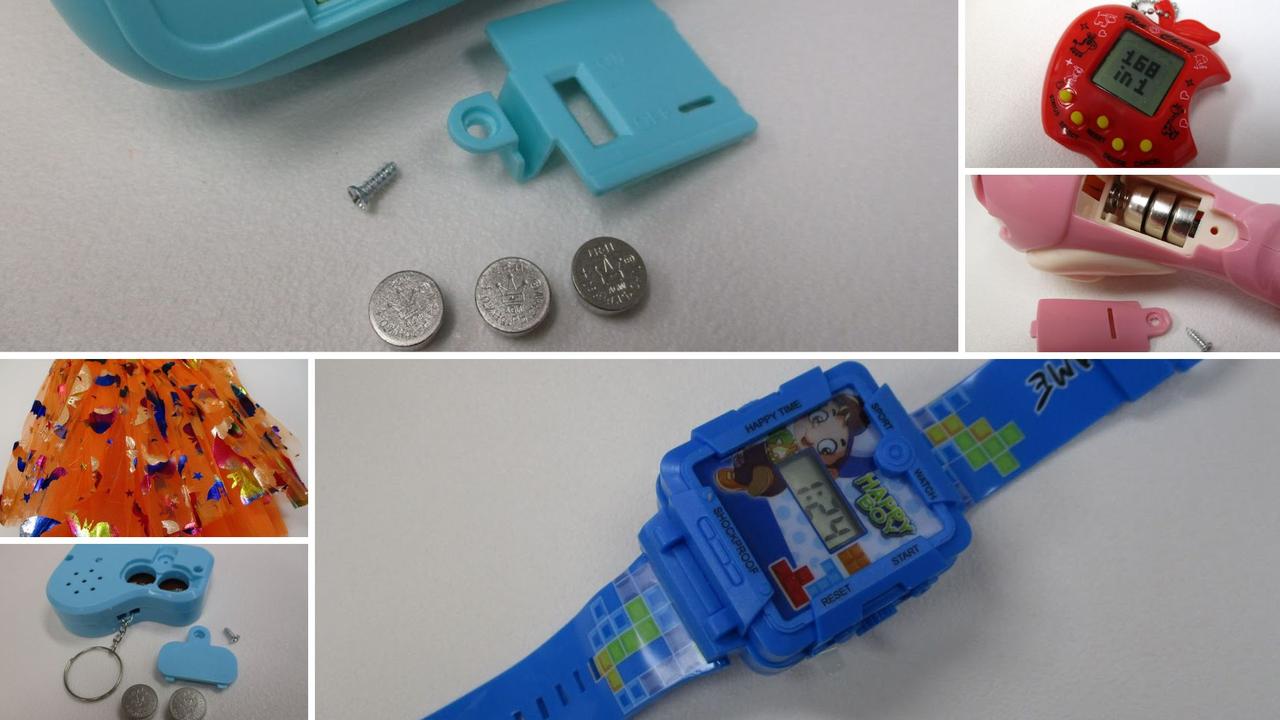Gardening advice Australia: the vitamin boost your garden needs this spring
Chances are your garden will need more than tender love and care to thrive this season.
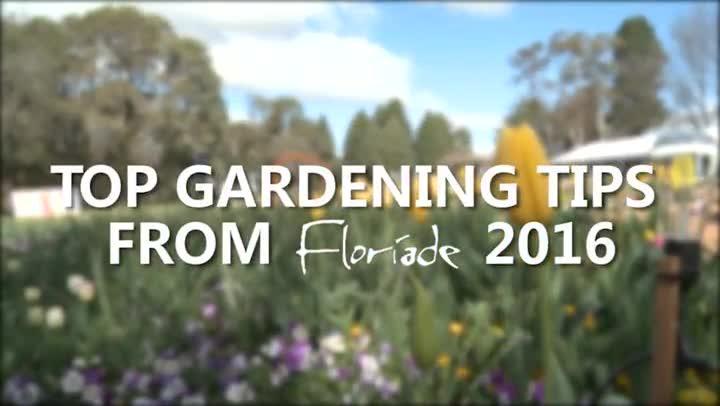
Lifestyle
Don't miss out on the headlines from Lifestyle. Followed categories will be added to My News.
Spring is the season for flourishing gardens, but if your plants are struggling to cope, then they may need a vitamin boost.
Just like us, plants need a balance of nutrients and minerals to keep them in tip-top shape.
But if you visit the garden centre and look at the fertiliser section, it’s easy to become overwhelmed. The first thing to understand is why plants need feeding and then exactly what nutrients they need.
VITAMIN BOOST FOR YOUR GARDEN
The whole purpose of fertilisers is to provide plants with the nutrients essential for them to grow and flourish. In nature, plants can obtain the nutrients from the soil that they grow in, as well as the plant and leaf litter, and animal debris that breaks down at the base of the plant.
In our gardens we interrupt this process in several ways.
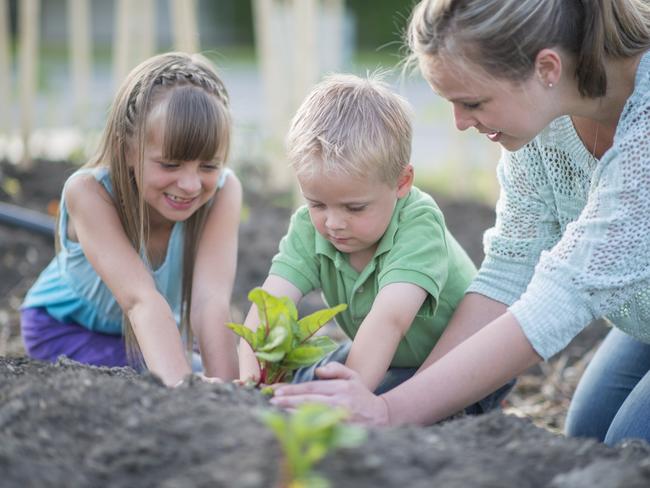
For a start, we choose to grow plants from a range of environments which differ radically from our own. We may take a plant that comes from a region in which the soils are very fertile and try to grow the same plant in impoverished soils. We also regularly remove the leaf litter and animal refuse to create a cleaner look.
Then we group plants closer together than they would naturally choose to grow under the available soil conditions.
If you grow local indigenous plants in natural soil, they do not require additional fertiliser as they are adapted to the soil conditions and available nutrients.
In most gardens however, we choose to create our own version of paradise and under these altered conditions additional nutrients are usually required for plants to thrive.
WHICH NUTRIENTS ARE BEST FOR YOUR PLANTS?
Plants require balanced amounts of 16 basic nutrients, but of these, Carbon (C), Hydrogen (H) and Oxygen (O) come from carbon dioxide (CO2), from the air and water.
The other 13 nutrients are absorbed from the soil.
These basic nutrients, required for plant growth, are further divided into major nutrients, secondary nutrients and minor nutrients Major nutrients are classified as such according to the large amounts required by plants; secondary according to moderate amounts required; and minor nutrients, also known as trace elements, according to small amounts required.
A deficiency or excess in any of these can cause problems, so always look to provide nutrients in a balanced form.
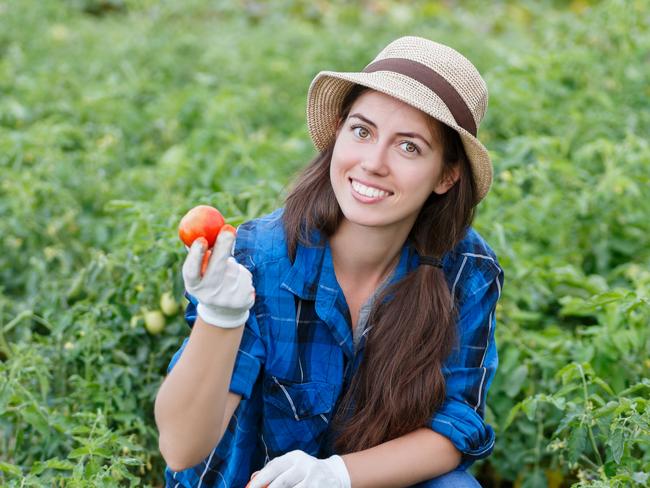
Top essential nutrients
The major nutrients are Nitrogen (N), Phosphorus (P) and Potassium (K).
We often hear about the Nitrogen, Phosphorus and Potassium (N-P-K) ratio of as these are the primary nutrients required for plant growth and are required by almost all plants in relatively large quantities.
N – Nitrogen is responsible for and essential for vigorous healthy leaf growth, but too much nitrogen can cause floppy growth and poor flowers.
P – Phosphorus is vital for strong roots and stems. Generally, this is naturally in low doses in Australian soils and as a consequence Australian native plant have adapted themselves to growing with low phosphorus. This is important when it comes to feeding some natives, such as the Proteaceae family (for example, grevilleas and banksias) as using a fertiliser with high phosphorus can make them sick or even kill them.
K – Potassium maintains the rigidity of the plants and is important for all parts of the flowering and fruiting processes. It helps with the development of stronger cell walls, which help to make the plant more resistant to pest and diseases, and better able to withstand heat.
Secondary favourites
Ca – Calcium is important for the structure and strength of the plants’ cell walls just as it is in our bones. It also promotes the proper function of growing tissue as in root tips.
Mg – Magnesium is a small part of the chlorophyll molecule that is important for photosynthesis.
S – Sulphur forms part of many plant proteins, as well as being present in many flavour and odour compounds in plants.
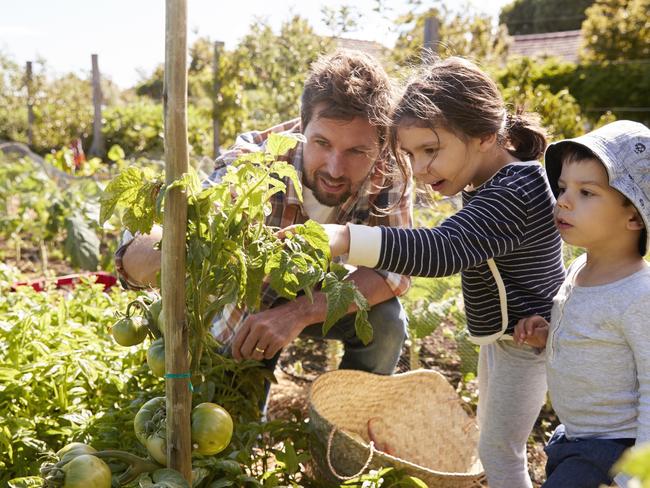
Minor or trace elements
Fe – Iron is part of many plant compounds that promote and regulate growth, and although iron is not part of the chlorophyll molecule, small amounts must be present for its formation.
Mn – Manganese, as well as iron, it is needed to form proteins and enzymes which are essential for photosynthesis.
Cu – Copper and Zn – Zinc are enzyme activators, necessary for plant metabolism.
B – Boron is important for growing tissue in young shoots, buds, flowers and fruit.
Mo – Molybdenum is required to convert nitrogen from the air into plant protein.
Supplying these nutrients in straight form is not always sufficient, since some, such as nitrogen and sulphur, are only available following bacterial breakdown.
NB: Now, you understand nutrients, let’s look at products to use.
BEST GARDENING PRODUCTS
There are two basic categories of fertilisers: organic or organic-based products that are derived from naturally occurring products, such as animal manures or animal waste by-products. They contain a full range of plant nutrients, but these vary greatly in concentration. These include pelletised chicken manure-based fertilisers, cow and chicken manure, blood and bone and fish based liquid products. Although the N-P-K (Nitrogen/Phosphorus/Potassium) ratio may be lower than in manufactured fertilisers, they provide a lot of valuable holistic benefits.
These products encourage earthworms and beneficial soil microbes, which in turn help the plants access the nutrients more effectively. So, organic-based fertilisers feed the soil, and by virtue of having healthy soil, you get healthy plants, which are, as a result, less troubled by pests and diseases, and more tolerant of heat and drought stress.
Manufactured or chemical-based fertilisers are synthetically produced and include the prill-based slow-release fertilisers, powders and liquids. These products are often classified solely by their NPK ration and feed the plants, rather than the soil. Some of these are harmful to soil microbes and earthworms.
Within these groups, there are different methods of applying these fertilisers. They can be in a pelletised or granular form which allows for a slow release, in a crushed form, as a soluble crystal or powder, which is mixed with water to make a solution, or as a liquid solution which is diluted with the addition of water.
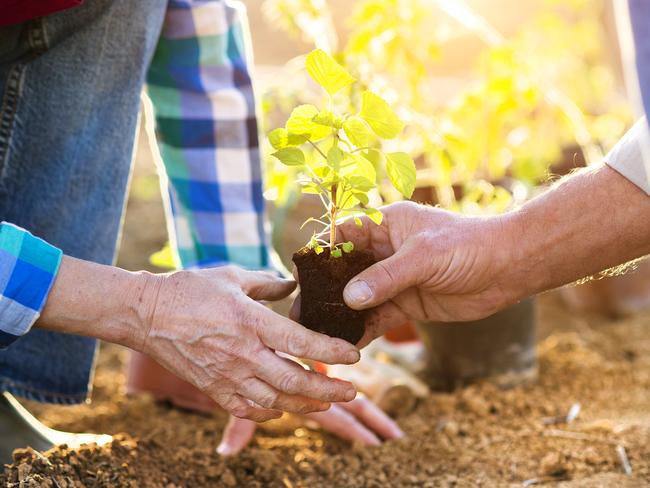
What are plant tonics?
Kelp and seaweed-based plant tonics, including Seasol, Seamungus and Eco C weed, aren’t fertilisers as such but are health tonics for plants. They may have a relatively low NPK analysis however they contain a broad spectrum of micronutrients and plant hormones that make them very effective, especially in the establishment of new seedlings and plants. They alter physiological processes within plants and their benefits include a positive effect on root growth which is particularly effective in helping plants overcome transplant shock; decrease pest and disease problems; a profound increase in flower and fruit production; and an increase in drought resistance due to transpiration from leaves.
Microbial stimulants
These are a relatively new category of soil products, including GoGo Juice and MycoGold, and include beneficial bacteria and fungi which can be used to inoculate your soil and help facilitate soil fertility. They are effective particularly when starting new garden beds. I am an organic gardener and soil lover, and believe that soil health is vital. Happy, healthy plants don’t get sick. The best way of controlling pests and diseases is to plant appropriate varieties, mulch them, water them effectively and nourish them.
Do you have a gardening question for Sophie? Email her at athome@news.com.au
Originally published as Gardening advice Australia: the vitamin boost your garden needs this spring



